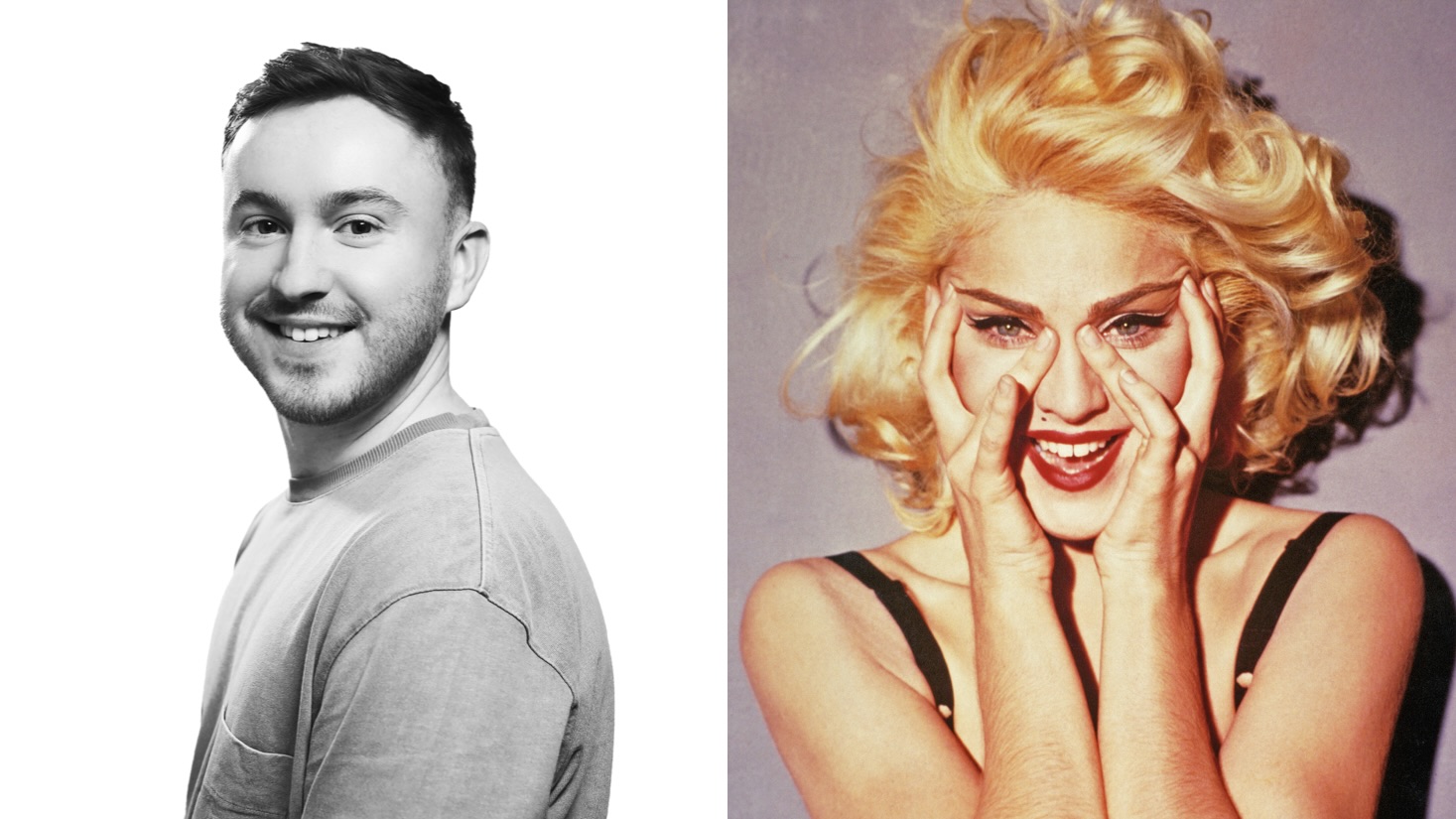Erotica: Madonna’s most provocative album from a millennial’s perspective
In his Joey's Jukebox column, Joseph Ryan-Hicks revisits M's controversial Erotica LP to examine its controversy and legacy.

To say Madonna’s fifth studio album ‘caused a stir’ would be an understatement.
Between 1989 and 1991, she was embroiled in conflict with everyone from Pepsi to the Pope. Her 1990 single, ‘Justify my Love’, was deemed too racy and its music video was banned from TV. Controversy plagued the singer’s work and the tabloids were out for blood. Amused by the storm she was creating, Madonna chose to kick down the door she had been scratching at and in 1992 released Erotica, her most boundary-pushing record to date.
On the album’s title track and opener, we’re greeted not by the Queen of Pop, but by an alter-ego. “My name is Dita / I’ll be your mistress tonight”, she says, by way of a welcome to the listener over a pulsating bass line. It’s one of many spoken-word moments on the record in which Dita engages us with her soft but direct dialogue.
Follow-up single ‘Deeper and Deeper’ saw the pop dominatrix hit the dance floor and commit the ultimate act of self-love by interpolating one of her older hits, 1990’s ‘Vogue’: “You’ve got to just let your body move to the music”. The call-back feels intentional, a nod to the singer’s queer fanbase who inspired the original track.
“Erotica was the beginning of a lull in Madonna’s recording career”
This isn’t Madonna’s only acknowledgement of the LGBTQ+ community on the album. On ‘In This Life’, she tackles homophobia head-on, musing over the tragic death of two of her friends to Aids. “People pass by and I wonder who’s next / Who determines, who knows best”.
The dual themes of ‘horny’ and ‘sad’ permeate the album. On third single ‘Bad Girl’, Madonna continues to share a vulnerable side. “What happens now, I know I don’t deserve you”, she contemplates, suggesting infidelity. Then, on ‘Waiting’, the cock-grabbing, latex-wearing Dita returns, declaring: “Next time you want pussy / Just look in the mirror, baby”. Perhaps deliberate, Madonna’s adoption of Dita feels like more than just a character change, but a declaration of the hard and soft of the singer’s own psyche as she navigates her innermost feelings.
Despite generating headlines, Erotica was the beginning of a lull in Madonna’s recording career and was her first album to fail to reach the top spot in the US. Sex, a coffee-table book released alongside the record, ultimately overshadowed it due to its “shocking” explicit content.
What many critics failed to recognise at the time was that although Erotica was provocative, at its core were messages of safe sex and liberation at a time when people needed to hear them the most. When asked in 1992 whether her success was based on her ability to shock, Madonna replied: “If that’s all I was good at doing, I don’t think people would be paying attention to me for this long — I mean, I’m still here.”
This column appeared in Attitude’s issue 351 – available for order now.
